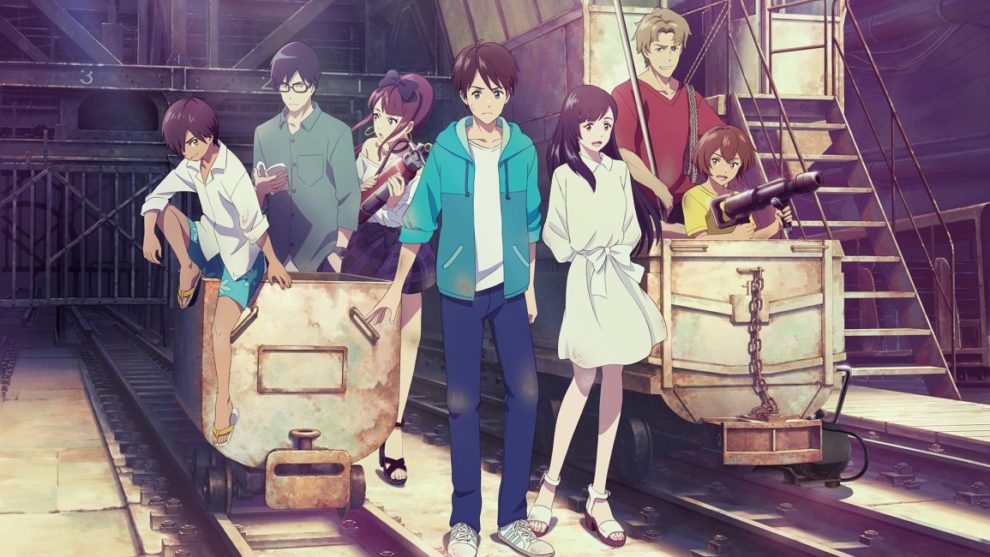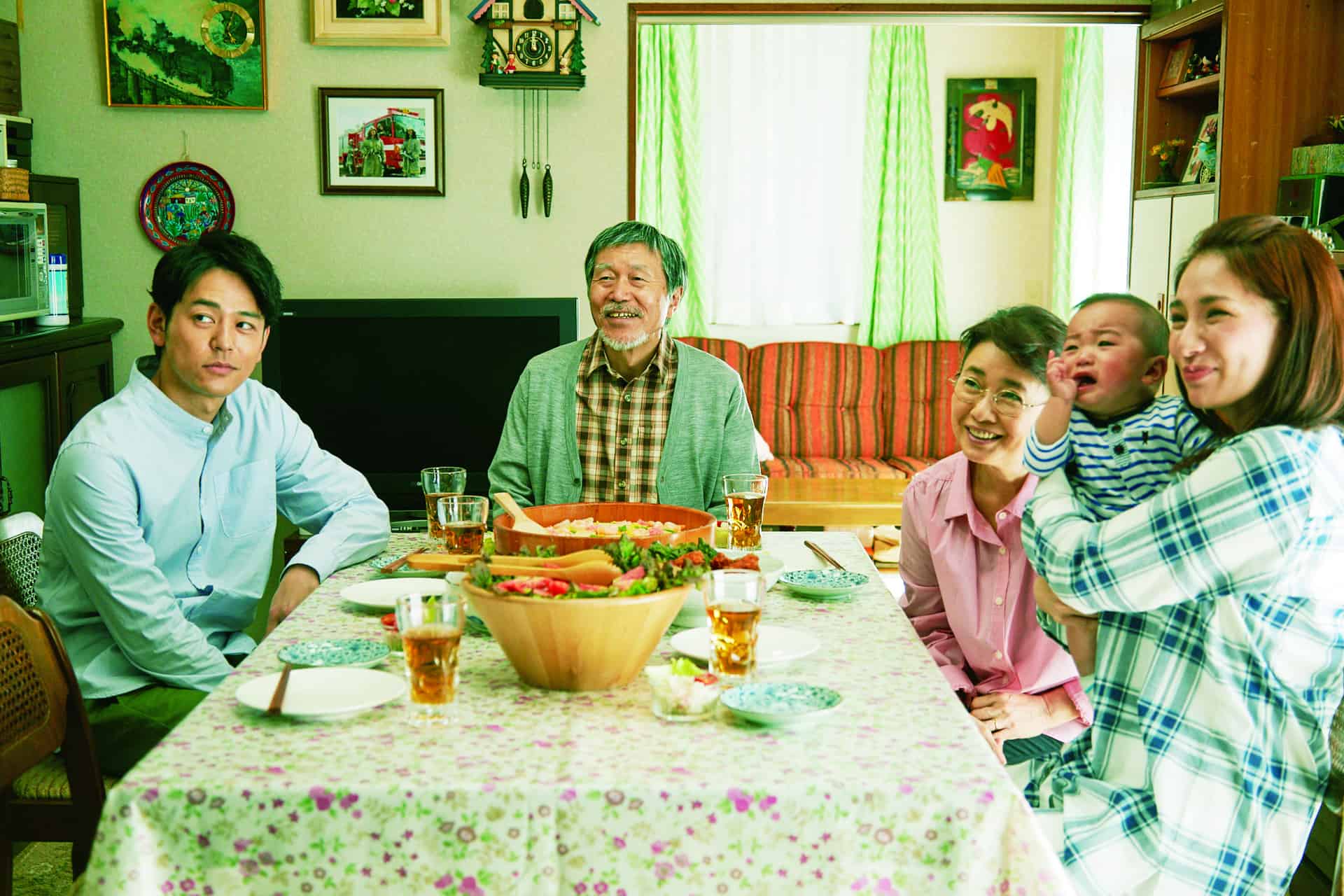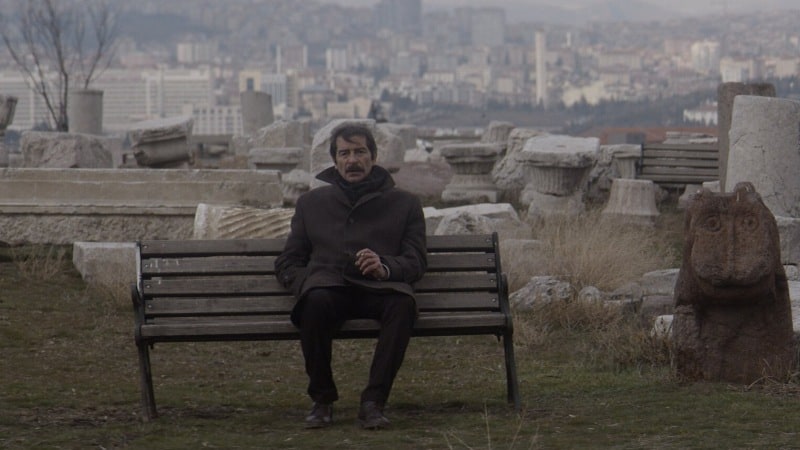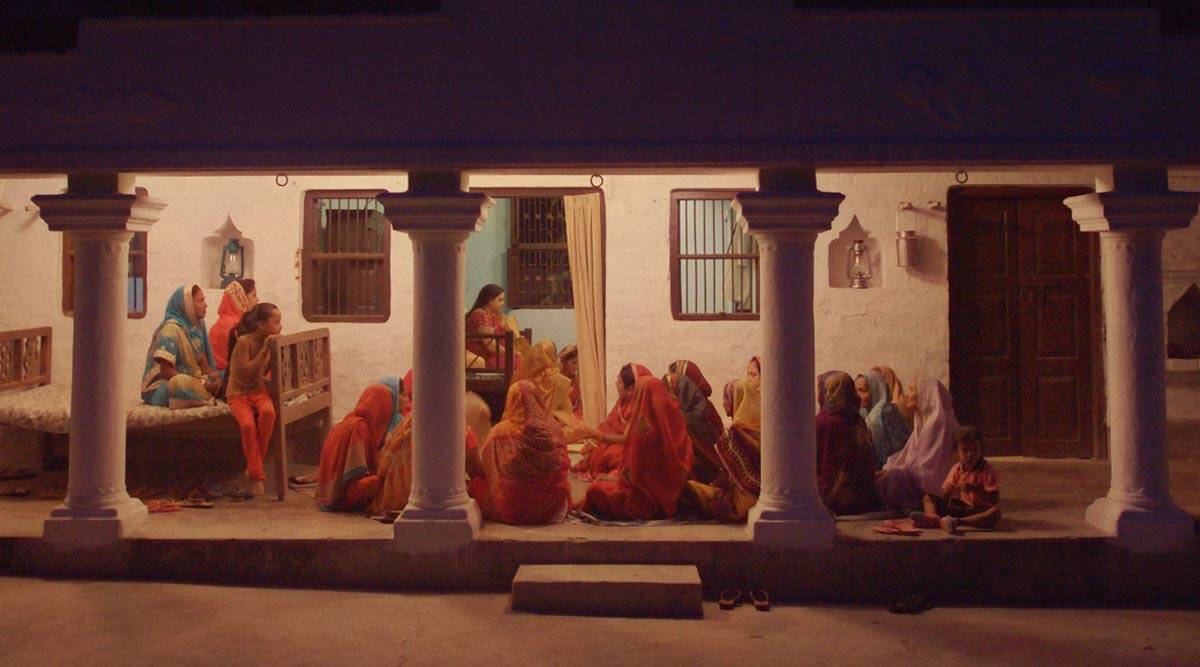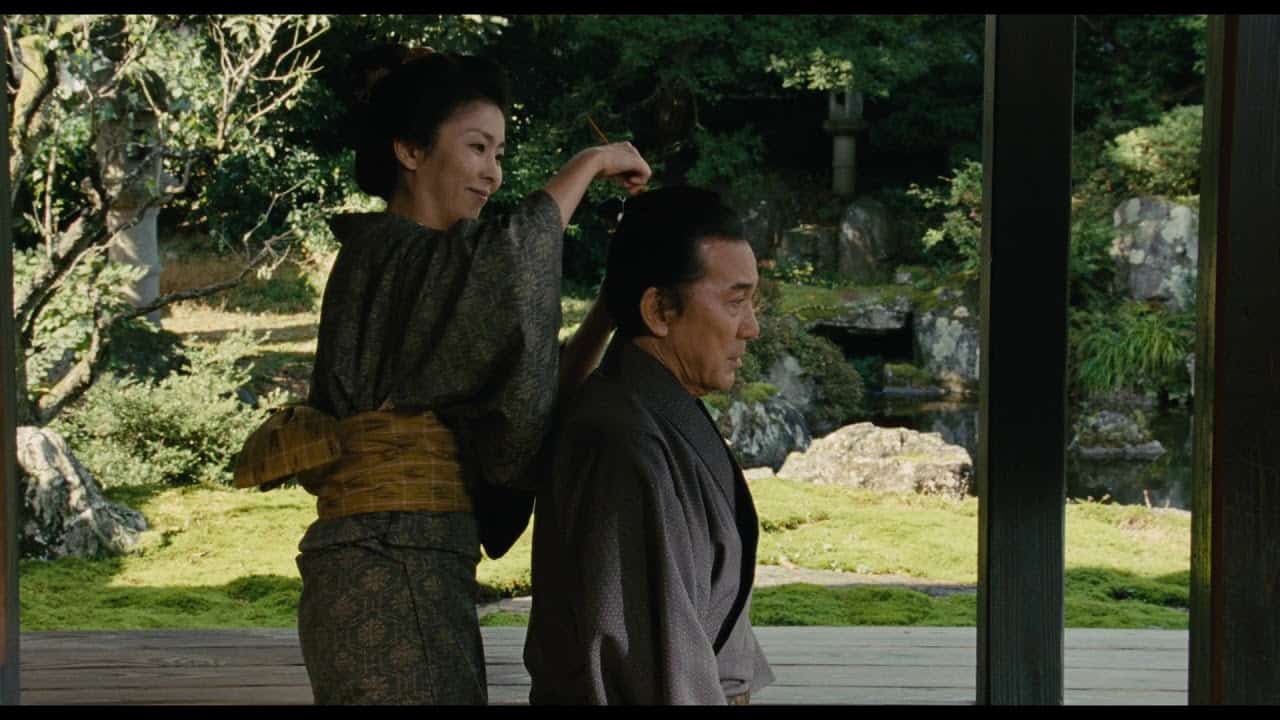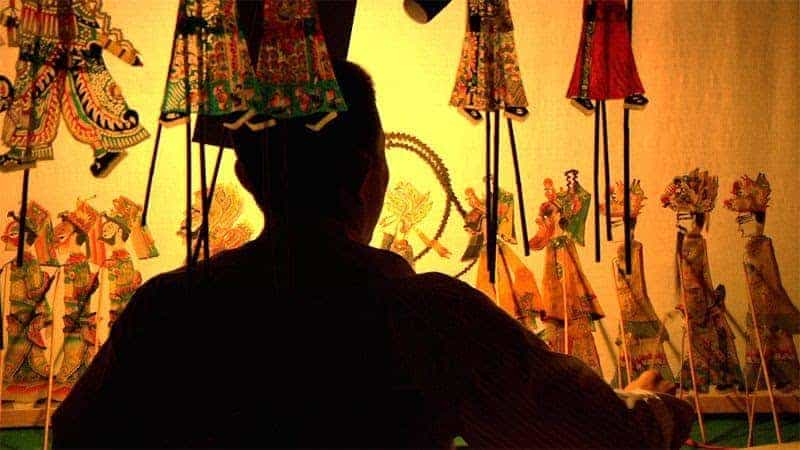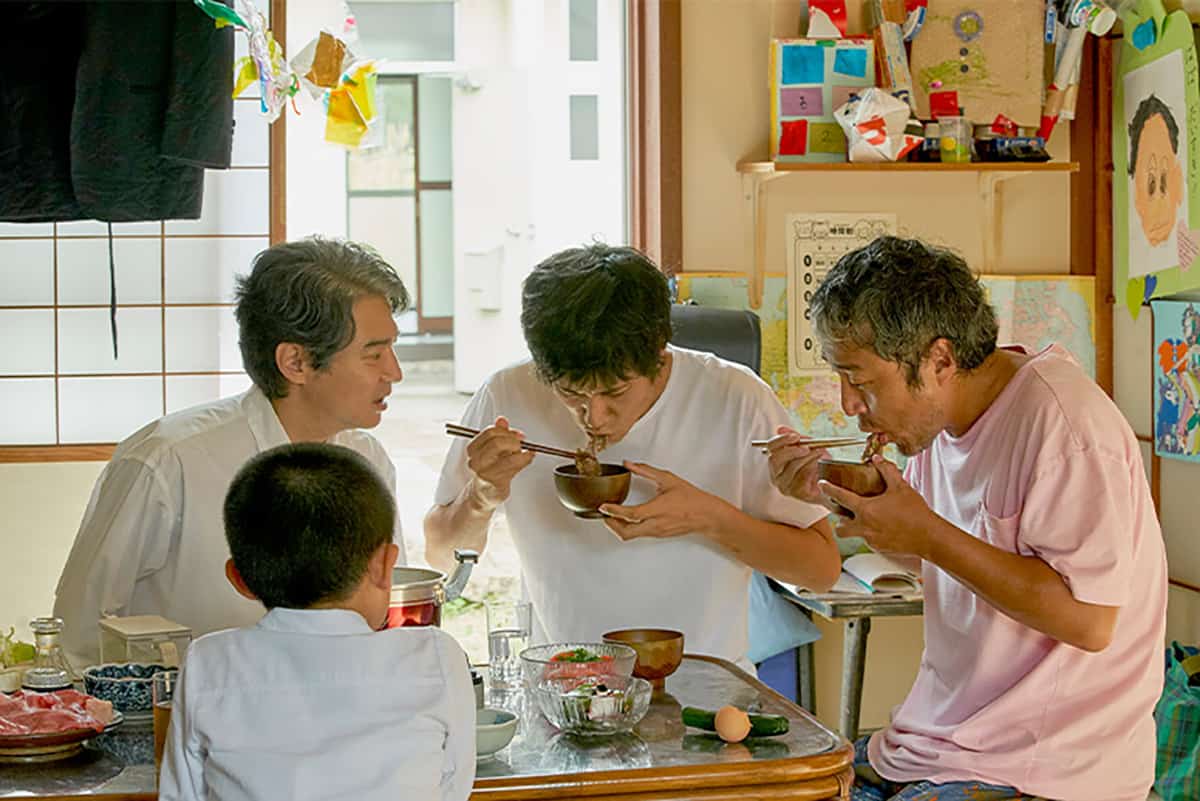The anime industry in Japan is actually much larger than what we know in the West, where we get to see just a portion of the works produced, particularly regarding movies, where Studio Ghibli, Makoto Shinkai and on a secondary level Masaaki Yuasa dominate the set. “Seven Days War”, which was nominated for Best Feature at the Annecy International Animated Film Festival 2020, is one of those usually “left out” titles, which we only get to see thanks to some festivals, such as the aforementioned and Camera Japan.
Seven Days War is screening at Camera Japan

Mamoru is a very mature for his age 10th grader, who has a long-standing crush with his neighbor Aya, daughter of a local politician. When he learns that her father is being offered a place in Tokyo, taking the political position of the relative and taking Aya with him, he decides to ask her to run away for a week, to celebrate her 17th birthday, during their summer vacation. To his surprise, the girl immediately agrees, but Mamoru soon understands that she did not understand the meaning of his proposal exactly. On the contrary, the next day, he realizes that the trip is to be accompanied by a group of classmates, while the destination has already been set on an abandoned factory in the area. Nevertheless, the band makes camp in the place, but the youths soon find themselves in the company of Mallet, a little kid immigrant from Thailand whose parents have been arrested, and under the “attack” of local authorities who consider them illegal trespassers and are willing to go to extremes to make them move away from the factory. The kids, however, are determined to protect their fort and young Mallet, and the inevitable clash soon picks up in scale, particularly when some of the parents are involved. The biggest challenge for the group, though, comes when their identities, and subsequently, their secrets come to the fore.
Yuta Murano adapts a novel by Souda Osamu in an approach that is evidently addressed to children, at least on a first look. In that regard, Shimizu Hiroshi's character design is as neutral as possible and actually follows a retro path, particularly regarding the way the heads are stressed compared with the bodies. The coloring also follows the same path, as do the characteristic occasional hyperbole in facial expressions, the lack of violence, and the almost complete lack of fan service. The same applies to the main narrative, which focuses on the simple premise of pinning the “bad” grown ups against the “good” children.
If one were to look a bit beneath the surface however, one would find a number of sociopolitical comments. The lack of proper or even complete parenting is one of the most evident ones, but the story also explores themes like immigration, nepotism, rural life, love, friendship, hypocrisy, the role of the press and social media in the lives of youths, and the dysfunction that characterizes a plethora of relationships as a result of all the aforementioned. The fact that the group is comprised of very different personalities (the introvert Honjou and the extrovert “athlete” Ogata for example), but all of them face similar issues highlights the comment even more, with the climax of the film actually appearing when everything comes to the fore during a rather impactful scene near the end.
Nishioka Yuuki and Shimizu Hiroshi's animation follow realistic paths for the most part, although the story sometimes does not, while the attention to the movement of the characters, the way the background “reacts” to the action and the attention to detail is top-notch. “Seven Days War” can be a bit uninteresting for the mature audience, but considering its target audience seems to be young teenagers, is meaty enough to satisfy its target group, while the overall artistry in the animation will satisfy all viewers


